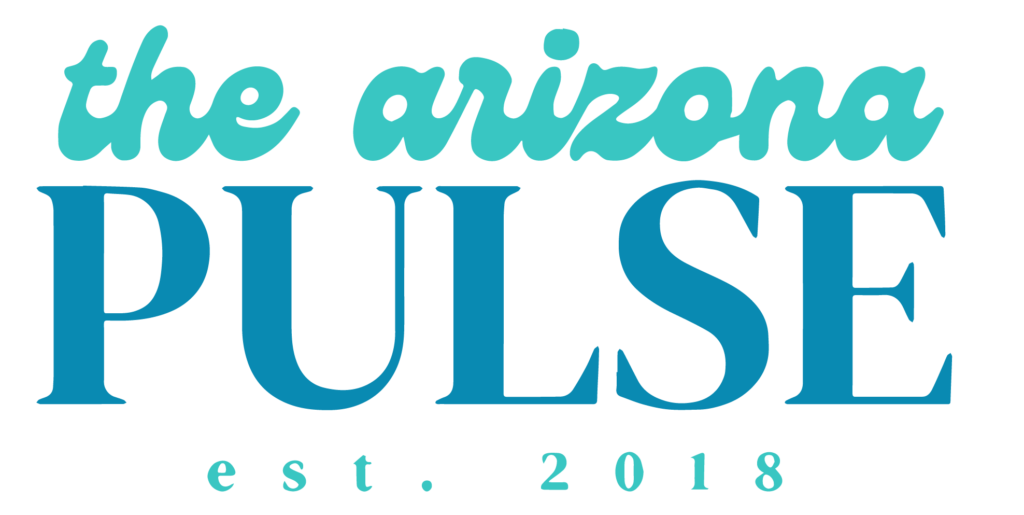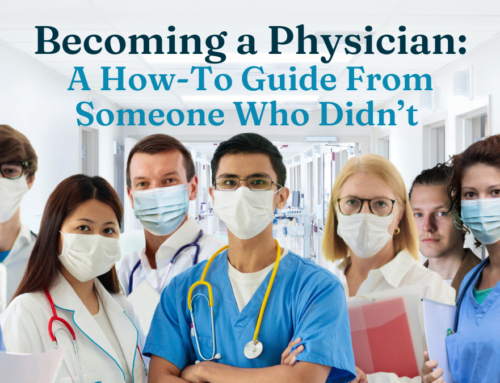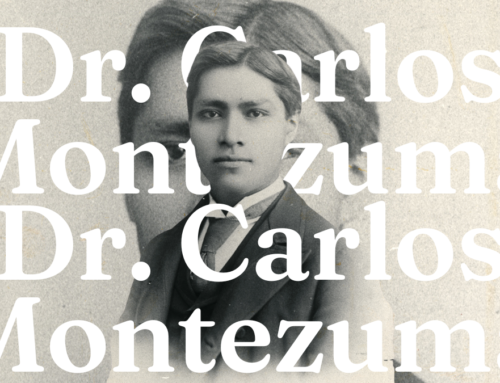Written by: Matthew Speer, Swapna Reddy, Megan Phillips, and Pooja Paode
As of 2018, the Commonwealth Fund ranks Arizona as 42nd in the country for access to health care and 39th for prevention and treatment. According to the Arizona Health Improvement Plan Report, health disparities are still a significant issue for a variety of Arizona communities. Disparities can include but are not limited to those between racial and ethnic groups, geographic location, age, gender, income, and education. Racial disparities are present in injury rates of cancer mortality, diabetes mortality, food insecurity, and infant and maternal mortality. Educational disparities can also lead to high obesity rates for some individuals. What do all of these disparities have in common? First, they are challenges linked to the social determinants of health and make it disproportionately more difficult for certain individuals to achieve health and ideal quality of life. Second, the state’s health care workforce operates at the front line of health care and is uniquely able to understand the burden of health inequity in the state.
Arizona is a state with a rapidly shifting demographics; both in size and racial and ethnic makeup. As such, there is a pressing need to develop a future health care workforce prepared to address the needs of our changing population. Eliminating health disparities requires transdisciplinary and collaborative efforts to leverage the unique strengths of all necessary stakeholders, including physicians, health care providers, health systems, academia, policymakers, advocacy and non-profit organizations, government entities, and communities of focus. In order to truly prepare physicians and health care providers to serve as change agents in health equity, it is vital to change our approach to health workforce education for future providers as well as the way we engage other stakeholders to meet shared goals.
As part of an ongoing redesign taking place within the College of Health Solutions at Arizona State University, the Health Policy and Equity Network (HPEN) is being developed to serve as a premier resource for evidence-based curriculum, training, research, commentary, and collaborative efforts to improve health equity and policy at the local and national levels. HPEN seeks to bridge silos across these stakeholders to reduce health disparities and effectively translate evidence into policy by engaging with and gaining “buy-in” from community members and their policymakers. The Affinity Network will accomplish these goals through two primary functions: education and external partnerships.
Education
There is an emerging and significant need to build competencies in the social determinants of health, health disparities, and health policy within the health care workforce. It is therefore imperative that we equip future physicians and providers and other stakeholders with the tools necessary to provide care that is responsive to our society’s rapidly shifting demographics. HPEN aims to address this need by engaging students at the undergraduate, graduate, and professional levels in the equity-focused curriculum through their coursework, case studies, and experiential learning opportunities. In this way, students will have the opportunity to consider a variety of health-related issues framed within the lens of policy and equity, thereby equipping them with the skills necessary to advocate for evidence-based health policy. Some of these skills include developing knowledge related to best practices when engaging with policymakers and the communication of evidence to the media and other external stakeholders.

Examples of current curricular products and approaches currently implemented at the undergraduate, graduate levels are through unconscious bias, policy, and disparities-related coursework through the Science of Health Care Delivery Certificate Program at the Mayo Clinic School of Medicine (Arizona).
Past projects have placed students with policymakers, health care systems, and nonprofit organizations in the community to provide research support on topics including pediatric asthma, food deserts, the opioid crisis, and veteran suicide prevention. In addition to supplying stakeholders with practice-informing data analysis and evidence, students also gain hands-on experience in tackling a real-world health challenge.
External Partnerships
Externally, HPEN will operate as a resource hub for the provision of high-quality, evidence-based academic research conducted by a team of interdisciplinary faculty from across the University, dedicated Network staff, student researchers, health care delivery systems, community partners, and elected officials. The focus of these partnerships is to bring the external larger community into our existing efforts and serve as a collective voice on critical issues impacting the health of all Arizonans, with a specific focus on closing the health equity gap for all too many populations within our state.

Projects with external collaborators are designed to meet the needs of health care stakeholders while leveraging the skills and capacity of students and faculty within the University. Examples of prior collaborations include:
- Community-Based: Valley of the Sun United Way; Arizona Coalition for Military Families; Arizona Osteopathic Medical Association
- Elected Officials: Kate Gallego (Mayor of Phoenix); Heather Carter (Arizona State Senator); John McCain (former U.S. Senator)
- Health Care Delivery Systems: Phoenix Veterans Affairs Health Care System; St. Joseph’s Hospital and Medical Center (Dignity Health Arizona); Royal Surrey County Hospital (Guildford, England)
Deliverables are tailored to the specific needs of each partner and have included policy briefs organizational policy scans, community engagement reports, popular press pieces, and other forms of media engagement. Throughout this process, HPEN directly involves students to build their knowledge and skill sets required to address equity throughout a variety of health issues.
The Network has the capacity to develop students – our future health care workforce – into change agents able to collaboratively tackle health disparities at a systemic level. As the state’s health care landscape rapidly changes, we can all benefit from the next generation of providers equipped with the tools to be responsive to emerging health challenges that result in inequity.





